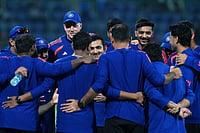Dr N K Arora, chairman of the Covid-19 working group under the National Technical Advisory Group on Immunization (NTAGI) spoke to Outlook on various issues that plague the vaccination drive and Covid-19 management in the country. Dr Arora says that the scientists are working on every aspect of vaccines and with work on 30 vaccines underway, India will not only immunize everyone but will also provide vaccines to the whole of the world soon. Excerpts:
Q: There are reports that the NTAGI is conducting a study on the effect of mixing two different doses of Covaxin and Covishield vaccines alternatively on an individual. What is the need for such a study?
A: Yes, such studies are very much needed but haven’t started yet. The purpose is three-fold. One, we want to see whether having two doses from different platform increase the immune efficacy or the effectiveness of the vaccination. Two, we want to see if it is programmatically convenient because you cannot have all the vaccines everywhere all the time. There have been errors during vaccination that we have heard in the different parts of the country. Three, the most important thing is that when vaccines from two different platforms are administered, they should remain as safe as the two-dose vaccination process from the same vaccine.
Q: What steps have been taken to conduct this study?
A: These are very serious research questions. These need to be answered. We are inviting academics and research groups to take up these studies in different parts of the country. These will be embedded into the health program.
Q: Recently in a village in Uttar Pradesh, 20 individuals were administered mixed doses of Covishield and Covaxin inadvertently. Are you looking at the incident as an opportunity to closely monitor the impact of this cocktail of vaccines?
A: Yes, these people are being very closely watched. Fortunately, we have a digital platform that picked up these cases very early and they are being monitored constantly.
Q: Reports also suggest that NTAGI is also planning to research the effectiveness of a single dose of a vaccine. How soon you are planning to undertake this study?
A: I have been misquoted on this. There is no such plan. Currently, we have two vaccines – both require two doses- Covaxin where the dose-interval is one month and with the Covishield it is three months. There is no confusion about that at all.
We are likely to have vaccines that have a single-dose schedule. Sputnik Light and Johnson and Johnson are single-dose vaccines. Even, Moderna and Pfizer are talking about single-dose vaccines. So, we will have that kind of options so far as single-dose vaccines are concerned.
Q: You have also been talking about a vaccine tracking platform. What purpose will it serve?
A: The purpose of this vaccine tracking platform is to closely monitor vaccine effectiveness among the beneficiaries. There is a large number of people who are defaulters in two or three ways. They take one dose and don’t turn up again or some people don’t follow the required schedule intervals and may come early or late. Then, some are coming the way they have been advised.
We will be looking at various kinds of outcomes particularly any breakthrough infections, any hospitalization, or death in these individuals. This will give up measures of vaccine efficacy and effectiveness in real-world situations. This will help also us refine our dosing schedule and intervals.
Q: Many anecdotal stories have come up which suggest that the older population is not developing any anti-body? Is there any study happening on that? What do you suggest these individuals do?
A: There is no research happened on this. These are anecdotal incidents you are talking about. There is no formal research. Whatever research we have, it is from the clinical trials which don’t corroborate to the extent.
Sometimes these anecdotes become too much of a concern. That is not the complete truth. The key issue is that antibody is not the only parameter. I believe you are quoting doctors from Karnataka who have been saying that they didn’t get antibody and that’s why they need another additional dose.
That is not correct. There are two issues which we have to understand. After the vaccine, some people develop antibodies a little later not within two weeks after the second dose. The delay in developing antibodies may delay up to three months after the second dose.
The second issue is that there is another type of immunity that provides memory into the body. If next time this coronavirus tries to hit or enter the body, it will quickly identify that there are known foreign agents and they respond and prevent their entry and adverse effect in the body. These are called T Cells while B cells are antibodies.
Q: These are all hypotheses and no study or research is happening around these vital issues. Why?
A: How do you know that these are not being done? These are scientific research issues on which several scientists and research groups are working continuously. Very soon several publications over the next few weeks will come. I am privy to many of these data but obviously for scientific reasons we cannot make it public. Once it is published, then you can have a look at it in Indian and international journals.
Q: Can you confirm with all certainty that our vaccines are working against all variants of concerns, especially B.1.617.2?
A: Yes, I can say that. Our vaccines are working against B.1.617.2 though variably. When any group or committee is taking any decision, they do it with a total sense of responsibility. The decision is not for an individual or a small community it is taken for the whole population and meticulously these factors are taken into account.
We have very good vaccines. We have been able to vaccinate about 14 percent population with at least one dose so far. Most of these are over 45 years. If these people wouldn’t have got the vaccine, we would have been in a very bad situation.
Q: But many crucial aspects of Covid-19 such as data related to reinfection or post-vaccination infection haven’t been made public. Why?
A: We have the data and very soon it will be published. Since you have raised this question, let me tell you I have just seen the data on reinfection which suggests that 5% of non-vaccinated people get re-infected after three months. Likewise, the data on breakthrough infection among fully or partially immunized healthcare workers shows that 2.8 percent of healthcare workers have had COVID infections – most of these were mild, and only a few required hospitalization. In this study, none died.
Interestingly, the reinfection rate is similar among healthcare workers who have taken single dose or double dose. There is a lot of work happening in every aspect of Covid-19.
Q: And what’s your take on vaccine shortage in the country?
A: Let me share with you that the government has made a huge investment in vaccine research and manufacturing in this country. At present, almost 30 vaccines are in the pipeline with the help of a variety of technologies such as recombinant, vectored, mRNA, DNA, etc. With all these works happening, we should be immunizing Indians of every age and soon we will be supplying vaccines to the whole of the World.






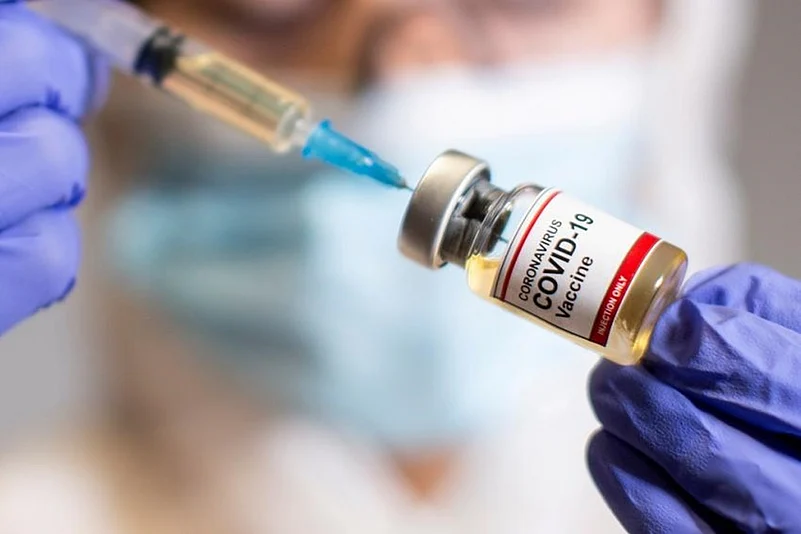

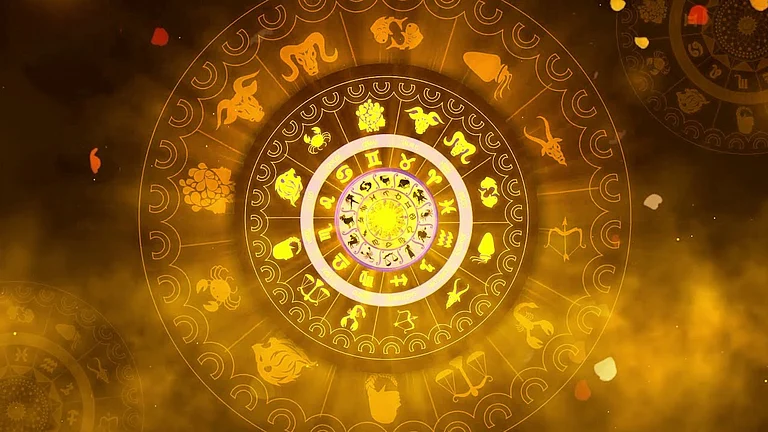

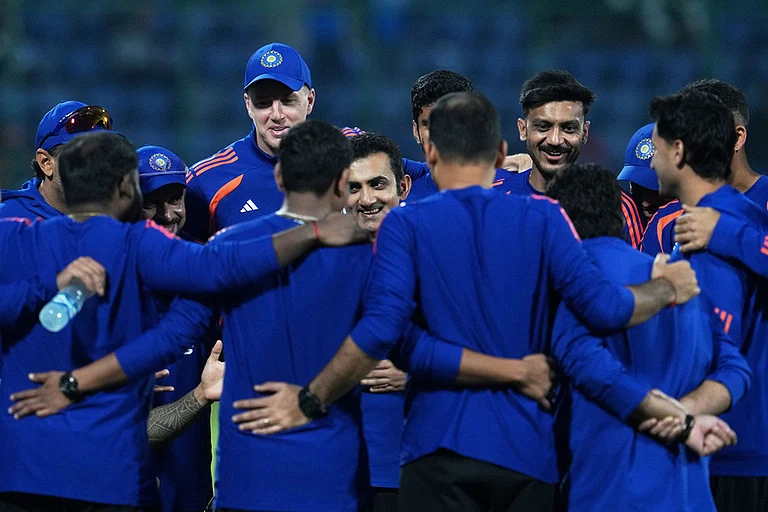









.jpg?w=200&auto=format%2Ccompress&fit=max)
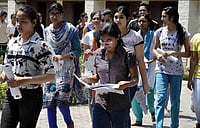
_550_550.jpg?w=200&auto=format%2Ccompress&fit=max)
